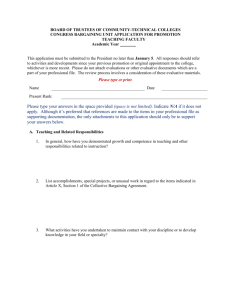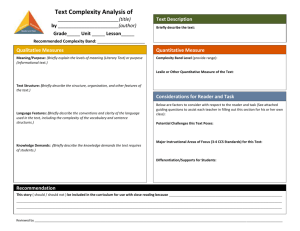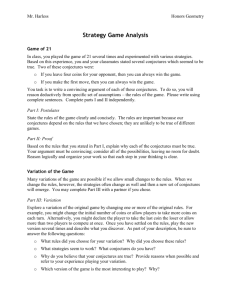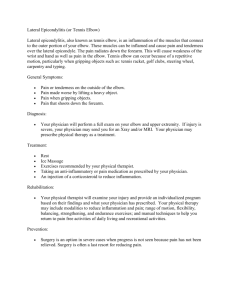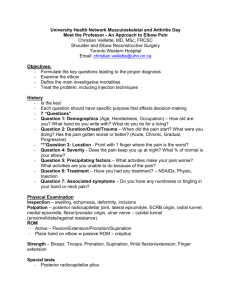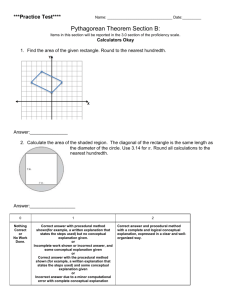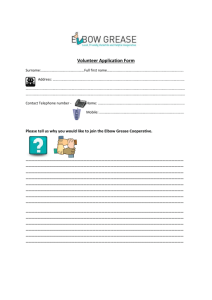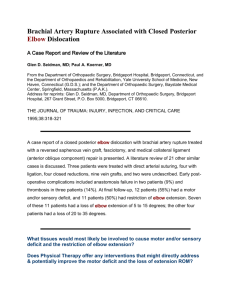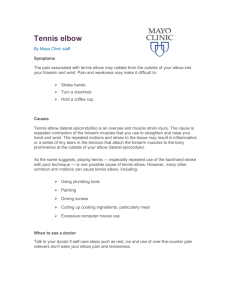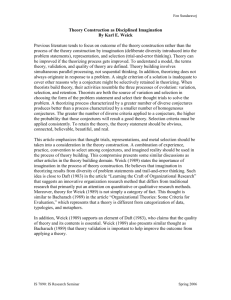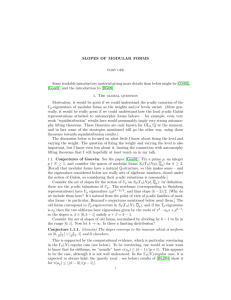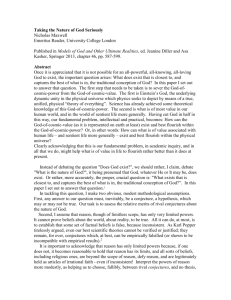HW for NKText Chapt 4
advertisement
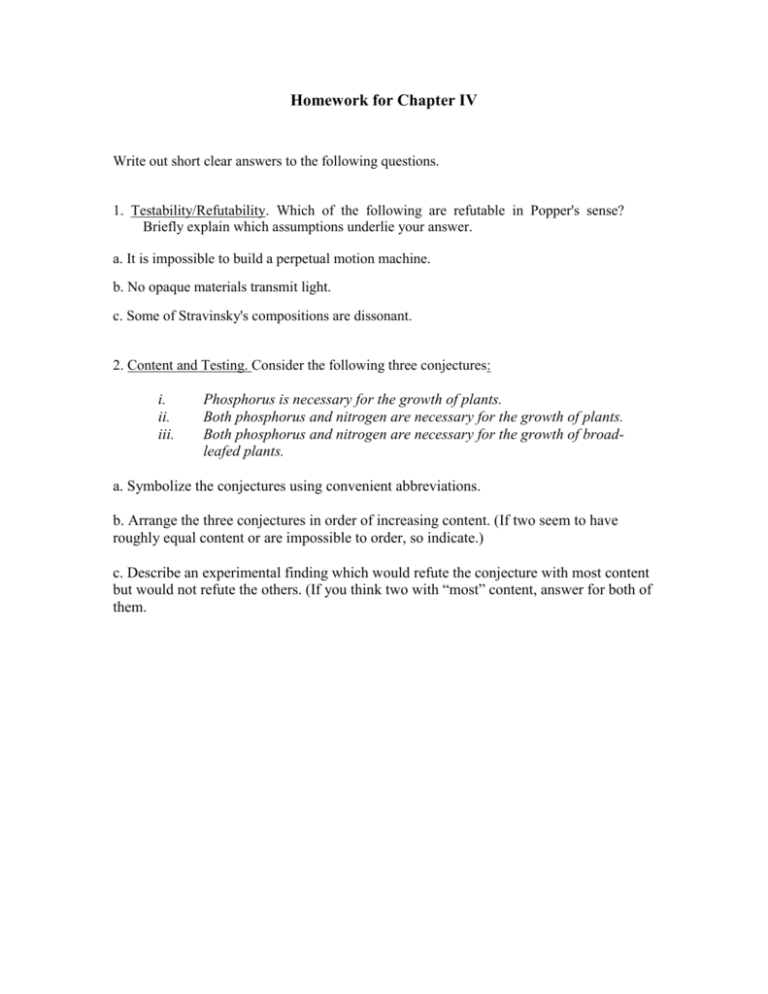
Homework for Chapter IV Write out short clear answers to the following questions. 1. Testability/Refutability. Which of the following are refutable in Popper's sense? Briefly explain which assumptions underlie your answer. a. It is impossible to build a perpetual motion machine. b. No opaque materials transmit light. c. Some of Stravinsky's compositions are dissonant. 2. Content and Testing. Consider the following three conjectures: i. ii. iii. Phosphorus is necessary for the growth of plants. Both phosphorus and nitrogen are necessary for the growth of plants. Both phosphorus and nitrogen are necessary for the growth of broadleafed plants. a. Symbolize the conjectures using convenient abbreviations. b. Arrange the three conjectures in order of increasing content. (If two seem to have roughly equal content or are impossible to order, so indicate.) c. Describe an experimental finding which would refute the conjecture with most content but would not refute the others. (If you think two with “most” content, answer for both of them. 3.Stringent Testing. Scientists want to test the following conjecture: The pain of all patients suffering from arthritis of the elbow will cease if a silver #5 gauge needle is inserted to a depth of 4 cm. in the center of the triceps muscle. Compare the following pairs of tests with respect to stringency. Briefly explain and defend your answers. a. Take a sample of 100 patients suffering with arthritis of the elbow and insert silver #5 gauge needles in the manner indicated. a'. Take a sample of 100 patients suffering with arthritis of the elbow and insert #5 gauge needles made of silver, gold or chromium in the manner indicated. b. Treat 100 arthritic elbow patients in the manner indicated; choose only those patients who are easily hypnotized. b'. As in (b) except choose only patients who resist hypnosis. c. Treat 10 arthritic elbow patients in pain one time each in the manner indicated. c'. Treat one arthritic elbow patient on ten different occasions when he or she is in pain in the manner indicated. 4. Background Knowledge/Information. What role, if any, does background "knowledge" (which mayor may not be correct) play in each of the following scientific situations? Answer each briefly. a. The design of a controlled test. b. The analysis of whether or not a certain conjecture is scientifically testable. c. A scientist's response to a particular Duhemian problem. d. The design of a crucial experiment. 5. The Logic of Testing. Do you (largely) agree or disagree with each of the following claims? Discuss briefly. a. "According to Popper. if a testable theory is in fact false, then one can be sure of finding a refutation of it after a finite search." b. "In theoretical science, you can never conclusively prove that a conjecture is true; however, you can sometimes prove conclusively that a conjecture is false." 6. Conjectures and Refutations. According to the theory of method presented in Chapter IV, should one agree or disagree with the following statement? Discuss briefly. "There are no essential differences between the methods of an amoeba and those of an Einstein. Both start life with problems; both learn through trial and error. Scientific method is no different from the methods of survival and common-sense."
